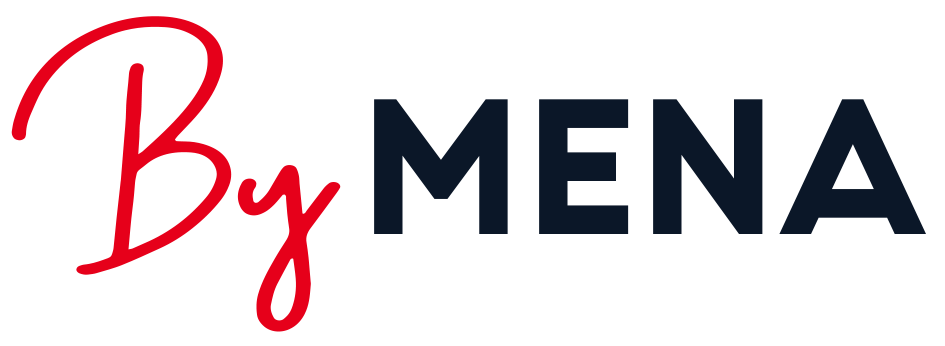Employment law receives new changes by DIFC.

- Employment Law that mandate contributions to a savings scheme for Gulf nationals employed at the financial hub was implemented.
- DIFC companies are required to make top-up payments into a Qualifying Scheme, which includes the DIFC Employee Workplace Savings plan (DEWS) for employed GCC nationals.
- Other changes have been made to ensure that Qualifying Schemes do not receive contributions from companies or workers subject to sanctions.
- The DIFC has also updated Trust Law, Foundations Law and Operating Law to comply with the latest regulations.
The Dubai International Financial Centre (DIFC) has announced new changes to the Employment Law that mandate contributions to a savings scheme for Gulf nationals employed at the financial hub.
These changes have been made after a period of public consultation in 2023. Sheikh Mohammed bin Rashid Al Maktoum, Vice President, Prime Minister of the UAE and Ruler of Dubai, has promulgated these updates to ensure that the DIFC’s laws meet global best practices.
Under these changes, DIFC companies are required to make top-up payments into a Qualifying Scheme, which includes the DIFC Employee Workplace Savings plan (DEWS) for employed GCC nationals. Additionally, companies have to make contributions to the workers’ General Pension and Social Security Authority (GPSSA).
These top-up payments are required if the amount of GPSSA contributions made by employees is less than the monthly end-of-service contributions under the Employment Law that they would have received if they were not GCC nationals.
This ensures that GCC nationals in DIFC are not disadvantaged and receive benefits similar to other employees.
Other changes have been made to ensure that Qualifying Schemes do not receive contributions from companies or workers subject to sanctions. The DIFC has also updated Trust Law, Foundations Law and Operating Law to comply with the latest regulations.
The Dubai International Financial Centre (DIFC) is a special economic zone in Dubai that was established in 2004 as a financial hub for companies operating in the Middle East, Africa, and South Asia (MEASA) markets. The zone spans 110 hectares, or 272 acres.

















